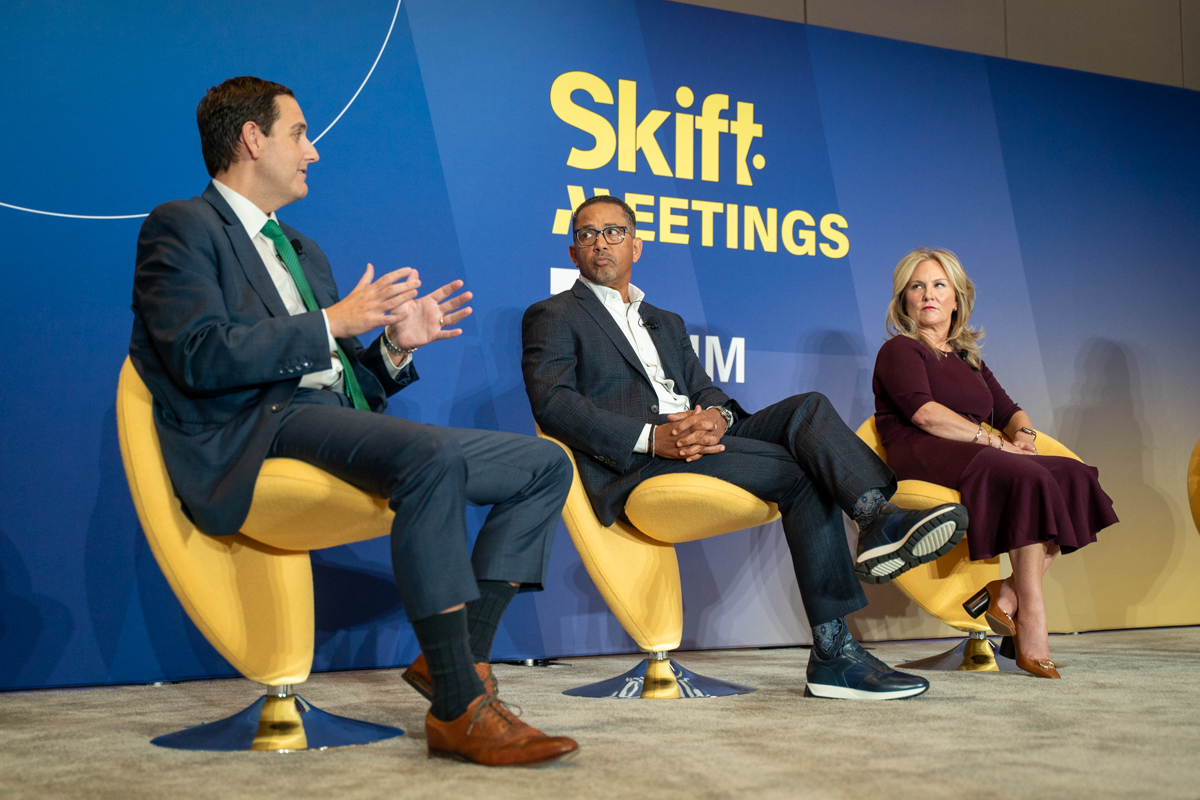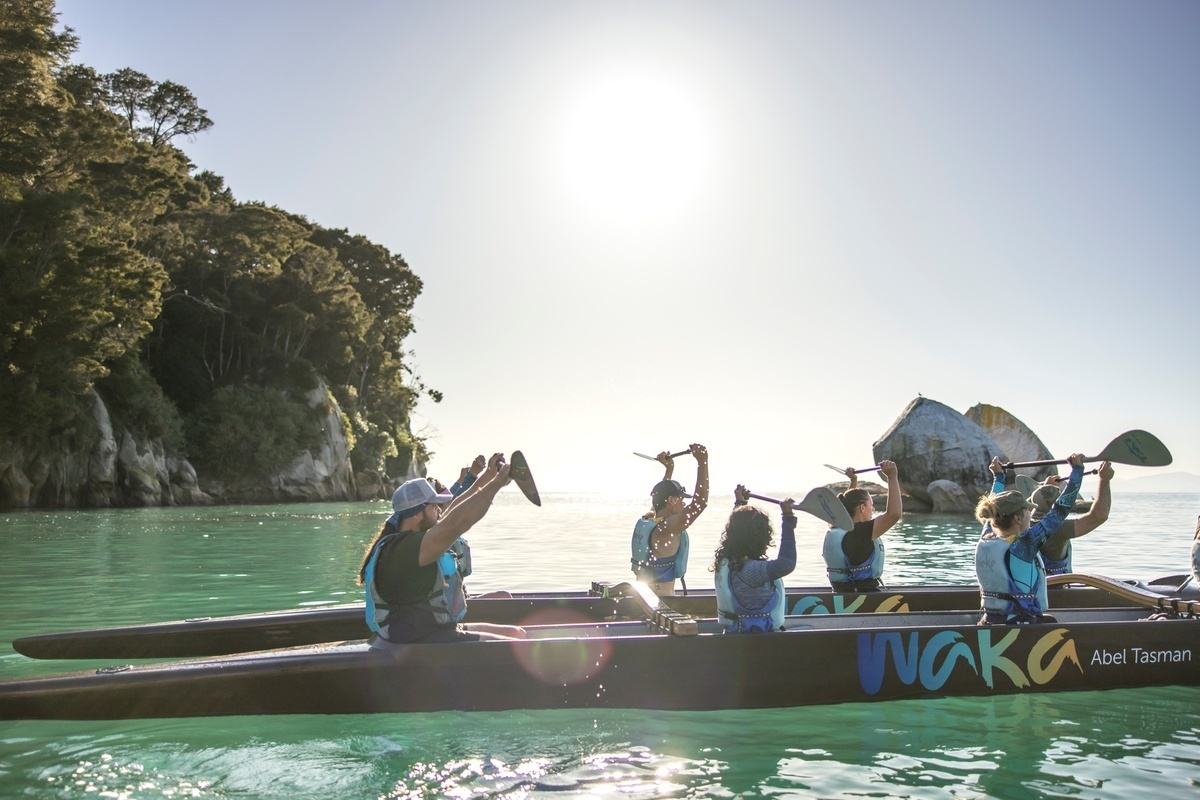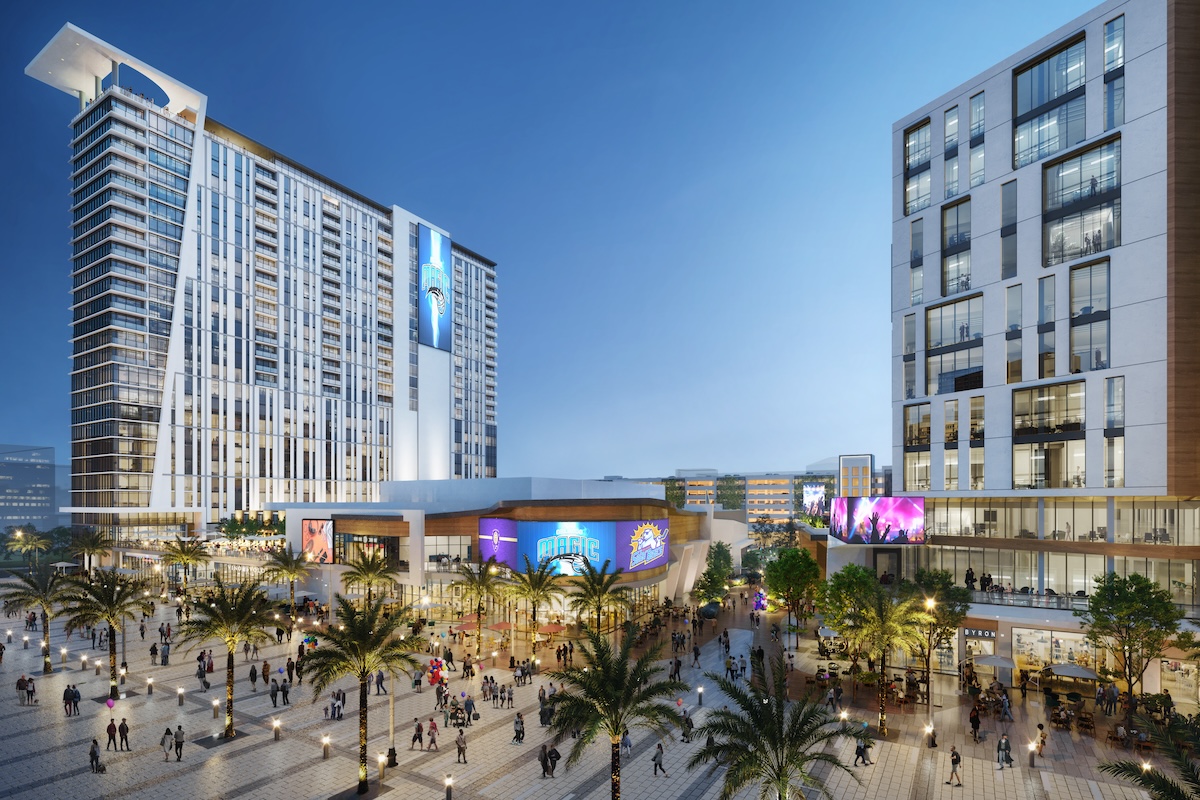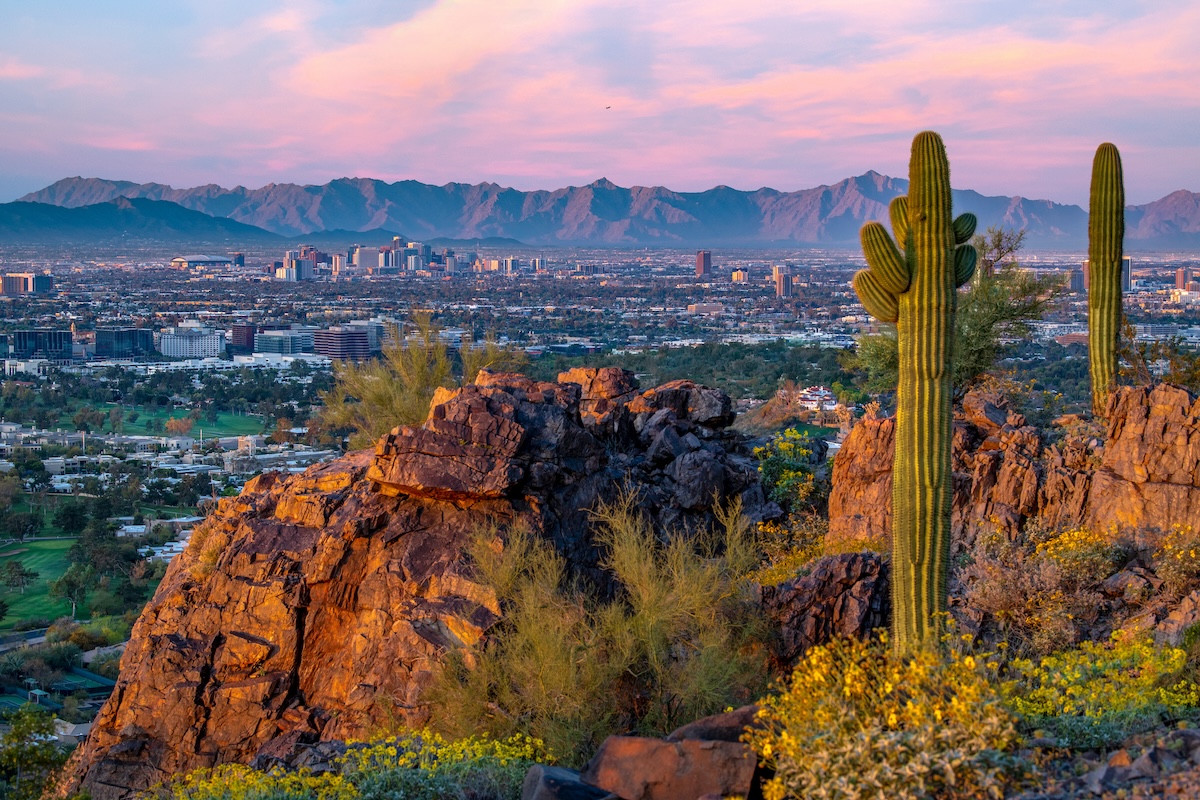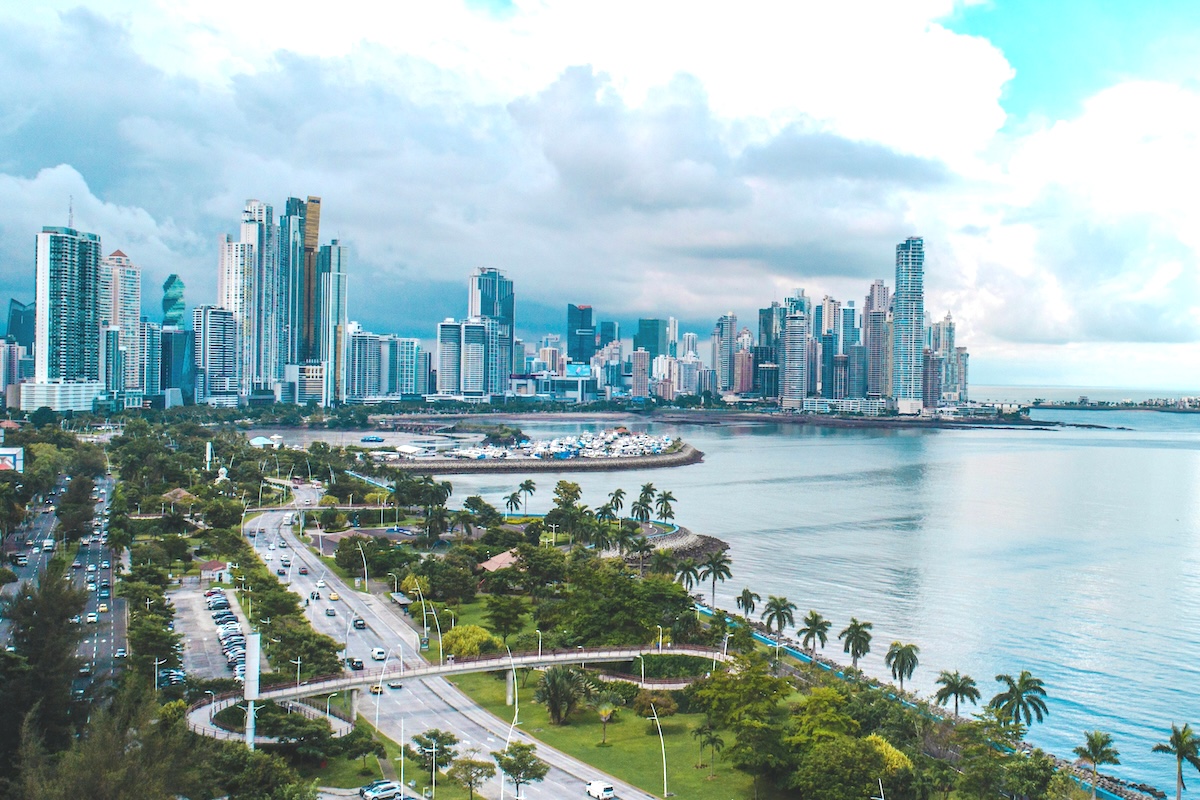Skift Take
Destination leaders from Orlando, Baltimore, and New Orleans sat down to discuss the challenges of attracting events in the face of a polarizing political atmosphere and how to ignite change through education and positive conversation.
New Orleans & Co. President and CEO Walter J. Leger III, Visit Baltimore President and CEO Al Hutchinson, and Visit Orlando President and CEO Casandra Matej met onstage during the first-annual Skift Meetings Forum. They discussed the importance of dialogue between destination marketing organizations (DMOs) and groups that may be facing pressure to avoid a particular host city due to politics or the perception of danger.
In the past, meeting planners have focused on the venues, accessibility, and affordability of a destination. Today, they must also worry about any contentious politics that can cast a negative pall over a group’s perception of a particular area.
Elevated Discussions, New Solutions
All three DMO leaders agreed that polarization is an issue and that their roles have evolved and changed as a result. There is a bigger focus on educating planners representing groups that oppose a state’s legislation or negative image.
Matej said that it’s crucial to educate the salespeople of a DMO on the legislative concerns that their clients may have while also educating customers on myths as well as facts. She suggests that planners work with groups to advocate for change.
“A lot of it is about educating right now,” Matej said. “And the reality is, what they are telling their constituents is that if you are going to go to Florida, activate. And there may be multiple ways [to do so], and we hope soon, with one of the entities to have more of a toolkit for associations to utilize,” she said.
When confronted with specific issues such as women’s reproductive rights, social justice issues, and human rights, “The question becomes, how do we in 2023 address those issues?” said Hutchinson, who added that he opposes travel bans due to the negative financial impact incurred by community members. “Boycotting a community is not the best way to do this,” he said, adding that a holistic approach doesn’t punish those who support the events industry due to politics.
“I say, we should go and engage in conversations, get in front of the governors, get in front of the neighbors, get in front of your county commissioners, and tell them what the issues are,” said Hutchinson.
Knocking Down Polarization Barriers
Leger stressed that group meetings and travel are a way to knock down barriers. It’s all about connection, and he fears that bans are another political instrument to drive people apart. “That’s something I think we all should be very cautious about allowing to happen,” he said.
Leger explained the pitfalls of labeling cities and states as either “red” or “blue,” as every region is made up of a population consisting of many different viewpoints. As a former member of the Louisiana legislature, Leger says that groups can elicit change by showing up and voicing their opposition. “A meeting in an organization can make a difference. I’ve seen it happen.”
